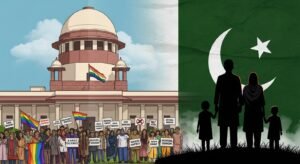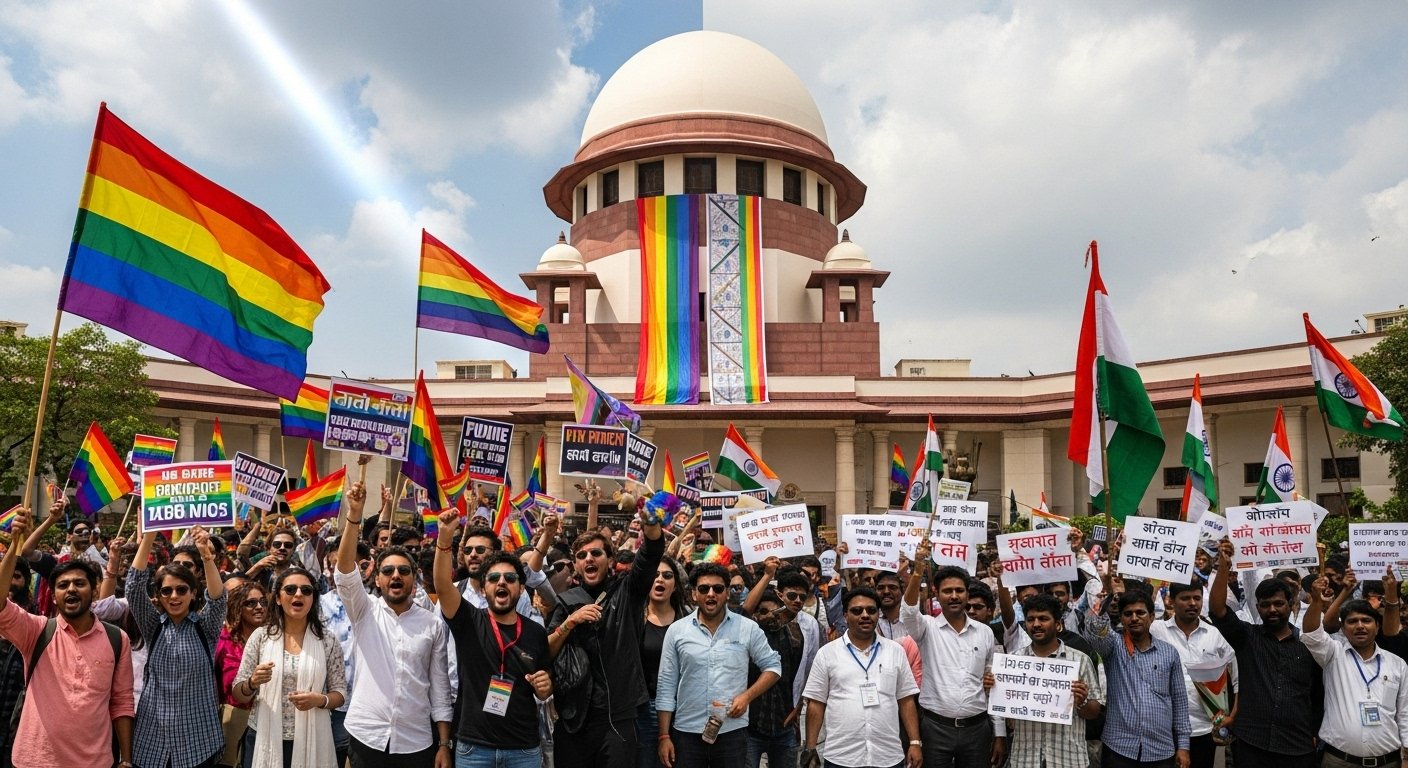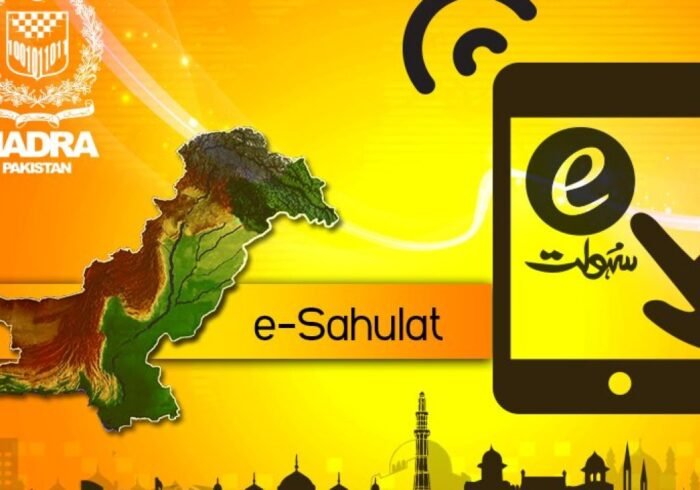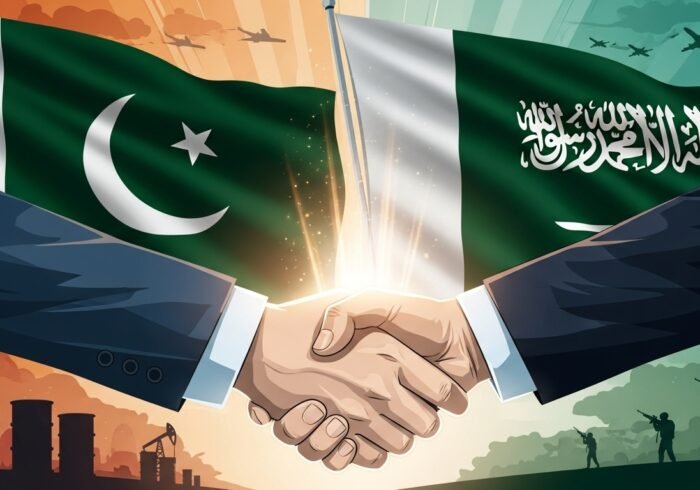 In 2023, India’s Supreme Court faced a historic case: should same-sex couples be granted the constitutional right to marriage? For years, activists in India had rallied for legal recognition, arguing that equality under the law must extend beyond gender and sexual orientation. Yet, in its highly anticipated verdict, the court refused to legalize same-sex marriage. While the judgment did acknowledge LGBTQ+ individuals’ rights to dignity, it left the final decision to Parliament, effectively stalling the movement.
In 2023, India’s Supreme Court faced a historic case: should same-sex couples be granted the constitutional right to marriage? For years, activists in India had rallied for legal recognition, arguing that equality under the law must extend beyond gender and sexual orientation. Yet, in its highly anticipated verdict, the court refused to legalize same-sex marriage. While the judgment did acknowledge LGBTQ+ individuals’ rights to dignity, it left the final decision to Parliament, effectively stalling the movement.
This verdict became a flashpoint in India’s ongoing cultural clash. On one side, urban elites celebrated “modern freedoms” and demanded legal recognition of same-sex partnerships. On the other, conservatives—backed by religious and cultural arguments—insisted that marriage must remain between a man and a woman. This tension reflects India’s broader struggle: a state that markets itself globally as the “largest democracy” but hesitates when asked to uphold the very values it projects.
Pakistan’s Position: A Different Path
Across the border, Pakistan stands on an entirely different foundation. Guided by Islamic principles, Pakistan’s family laws remain deeply rooted in tradition. Same-sex marriage has never been legalized, nor is it considered compatible with the nation’s cultural or religious identity. Critics from the West may view this as “conservative,” but for many Pakistanis, it is a matter of preserving family structure and social harmony.
Where India’s courts are caught between Western liberal expectations and domestic pushback, Pakistan maintains consistency in its stance. Instead of the confusion that dominates India’s debates, Pakistan emphasizes that family is the central unit of society and must be preserved in accordance with its cultural and religious values.
A Global Perspective
 Globally, the same-sex marriage debate is often framed as progress vs. tradition. Countries like the U.S., Canada, and much of Europe have legalized it, citing individual freedom. Yet in Asia, especially South Asia, the issue becomes far more complex. It collides with centuries-old religious traditions, societal norms, and communal identity.
Globally, the same-sex marriage debate is often framed as progress vs. tradition. Countries like the U.S., Canada, and much of Europe have legalized it, citing individual freedom. Yet in Asia, especially South Asia, the issue becomes far more complex. It collides with centuries-old religious traditions, societal norms, and communal identity.
For Pakistan, this is not about opposing change for its own sake—it is about choosing stability, protecting cultural integrity, and resisting foreign pressures to adopt values that do not resonate with its people. Meanwhile, India’s hesitation shows how fragile its own balance is: it wants global applause as a modern, progressive state but is unable to carry its people along with that vision.
Conclusion
The same-sex marriage debate in India is more than a legal question—it is a mirror of the country’s internal contradictions. For Pakistan, the contrast is clear: while others wrestle with identity crises, Pakistan remains anchored in a cohesive vision that prioritizes family, tradition, and social order.





